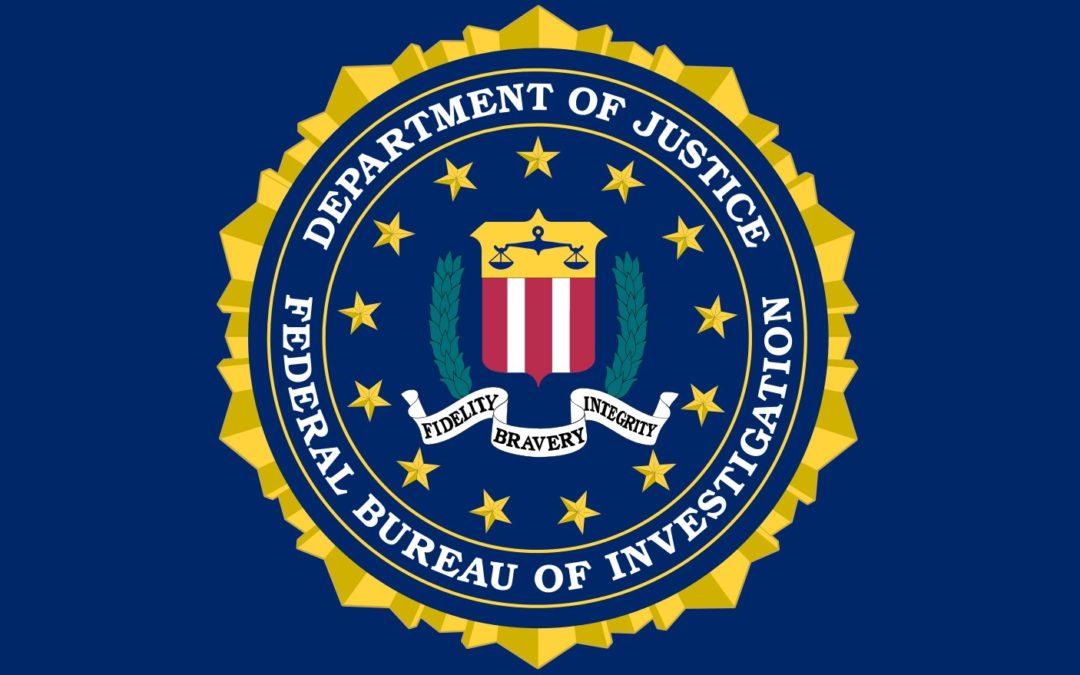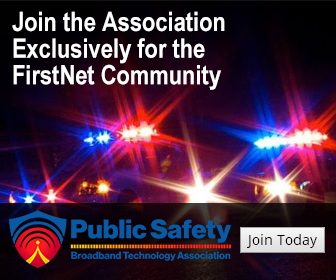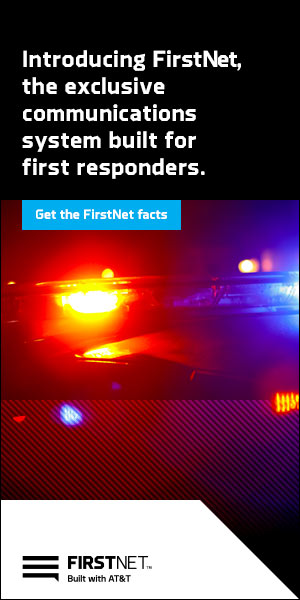by AllThingsECC.com | May 25, 2021 | Articles, Comm Center News
Lori Henricksen, director of the emergency telecommunications program for high schoolers at the Veterans Tribute Career and Technical Academy in Las Vegas (Nevada), discusses the creation of her program and the challenges it presents, as well as the benefits of training teenagers for careers in first response…
by AllThingsECC.com | May 25, 2021 | Articles, Comm Center News
By Adam Geisler, National Tribal Government Liaison, First Responder Network Authority
For the past year, the National Tribal Emergency Management Council (NTEMC)(link is external) has served as a critical lifeline to tribal nations battling the coronavirus. Responsible for leading the logistics and distribution of supplies for tribal nations in 35 states, NTEMC and sister non-profit Farmer Frog have delivered 38.5 million pounds of food and $7 million worth of personal protective equipment to tribes across the country.
This nationwide effort has been a massive undertaking for the non-profit, which traditionally helps tribes build sustainable emergency management programs. NTEMC established an incident command center in partnership with Farmer Frog to help manage operations. Tucked just north of Seattle in Woodinville, Washington, the center is situated in a remote area. While the location was considered ideal for serving the tribes, it was problematic in terms of communications.
READ FULL ARTICLE

by AllThingsECC.com | May 25, 2021 | Articles, Comm Center News
The collaboration agreement, which has an international scope, aims to drive solutions that enable industries to transform operations, increase safety and security, and deliver innovative products and services.
Emerging next-generation use and business cases will demand more reliable, higher performance wireless solutions from 4G and 5G mobile networks. The collaboration will see Ericsson and Leonardo sharing R&D capabilities and competences spanning cyber security, 5G networks and service evolution.
The partnership will also address cyber security while threats are becoming more complex in particular for strategic critical infrastructures.
In certain specific projects and opportunities, the collaboration will also be open to communications service providers and other ecosystem partners…

by AllThingsECC.com | May 23, 2021 | Articles, Comm Center News
I can verify if needed, but I was a 911 dispatcher for my local sheriff’s department for about a year and a half. My instructor made a pretty chilling point that as a call taker, you’re going to be the last person on earth to talk to some of these people, I’ve heard suicides over the phone and even worse heard people who found their loved ones after a suicide.
For me personally it was a very rewarding job and I loved the teamwork aspect of it. When there’s a major call or a pursuit happening, it’s a very crazy feeling to be in the room and listen to the communication between the call taker, the dispatcher for that frequency and the supervisor (because the supervisor is typically talking to either the patrol sergeant or the night Lieutenant)…

by AllThingsECC.com | May 21, 2021 | Articles, Comm Center News
PRESS RELEASE
The following information is being provided by the FBI, with no guarantees or warranties, for potential use at the sole discretion of recipients in order to protect against cyber threats. This data is provided to help cyber security professionals and system administrators guard against the persistent malicious actions of cyber actors.
The FBI has identified at least 16 Conti ransomware attacks targeting U.S. healthcare and first responder networks, including law enforcement agencies, emergency medical services, 9-1-1 dispatch centers, and municipalities within the last year. These healthcare and first responder networks are among the more than 400 organizations worldwide victimized by Conti, over 290 of which are located in the U.S…

by AllThingsECC.com | May 21, 2021 | Articles, Comm Center News
FRAMINGHAM, Mass.–(BUSINESS WIRE)–Rave Mobile Safety (Rave), the critical communication and collaboration platform customers count on when it matters most, announced that the City of New Orleans and the State of Iowa have adopted Rave Alert to replace legacy emergency mass notification systems, and are among 260 new deployments in the first months of 2021.
Rave Enhances Mass Notifications for City of New Orleans and State of Iowa
New Orleans will use the Rave platform to power its “NOLA Ready” alerting system. This deployment will allow residents to simultaneously sign up for NOLA Ready alerts, subscribe to alerts from the Governor’s Office, Louisiana Department of Health and other State agencies and create a Smart911 Safety Profile. These profiles provide 9-1-1 operators and first responders with instant critical information used to inform emergency response…






